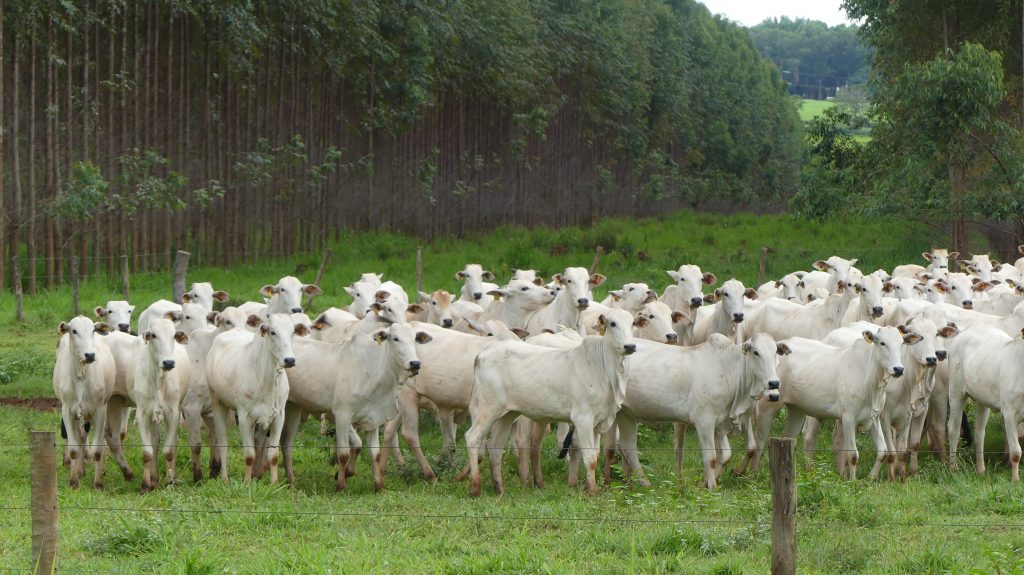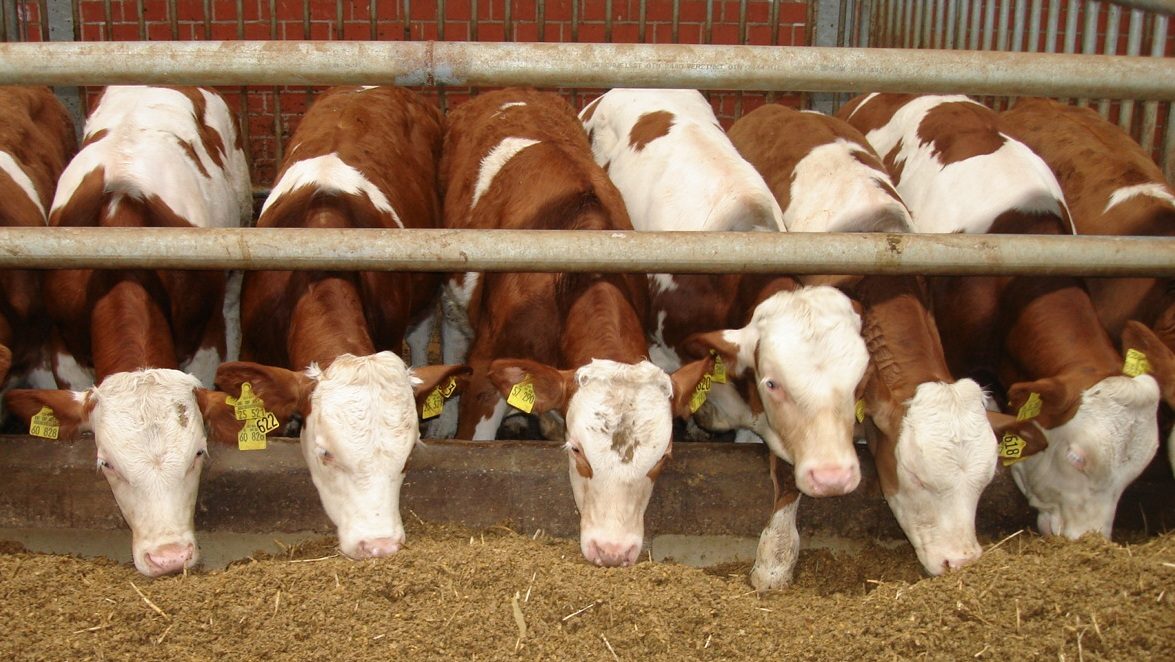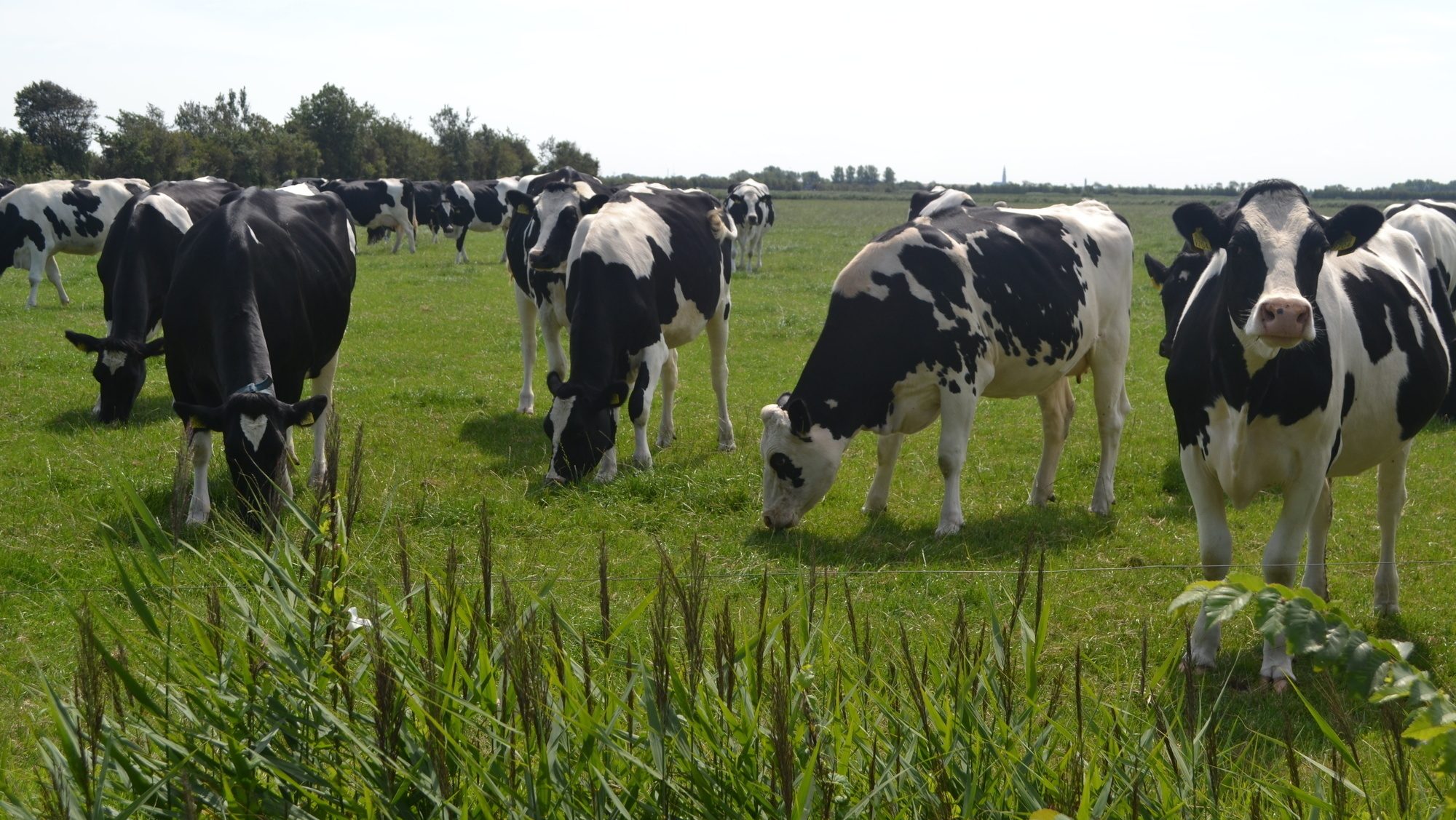Economics of GHG mitigation at farm level in global cattle production systems (EMiFa)
Flagship Goal: To identify the most cost-effective options for farm level GHG mitigation strategies in different global production systems and provide evidence-based policy recommendations.

A detailed economic understanding of agricultural GHG mitigation strategies remains a challenge in global climate research. The costs of implementation and realization of GHG mitigation strategies at the farm level are not yet well-known. Furthermore, the data needed to conduct vital economic assessments is often not available or not comparable. Countries urgently need cost data to make informed decisions on which climate mitigation measures to support and fund in order to best implement their nationally determined contributions (NDCs).
This Flagship project aims to fill the cost data gap for cattle production. It will investigate the feasibility and cost-effectiveness of GHG mitigation strategies at the farm level. It aims to identify the most cost-effective management and technology options in different beef and dairy cattle production systems and regions, their co-benefits and possible adoption barriers in order to provide evidence-based policy recommendations on GHG mitigation strategies.
Anticipated Outcomes
The project will bring together global experts to generate methodologies, data sets and recommendations that are:
- Global applicable: Suitable for all, especially in countries with limited official statistical data availability, as experts and producer knowledge will be integrated in the data collection phase
- Global comparable: Standardised and well-established methodology and accounting methods will be applied to measure farm economics and account for GHG emissions
- Freely available: Economic data sets used in the project are available in the agri benchmark network, these can be complemented with existing GHG emission data sets
- Transferable: Representative “typical” farming systems will be analysed in globally relevant production systems and regions.
- Policy relevant: Evidence-based policy recommendations on GHG mitigation strategies at the farm level. A database for farm-level assessment of GHG mitigation strategies related to costs and benefits.

Opportunities to get involved
- Skill requirements: Expertise in GHG emission measurement at farm-level in the beef or dairy sector and/or expertise in economic analysis at farm-level in the beef or dairy sector
- Data requirements: Contribution of existing or new data to the project including: (i) GHG emission data related to existing typical farm datasets, (ii) new typical farm datasets, (ii) new economic data, (iv) new GHG emission data
Contact the Project Leaders if you would like to explore ways in which you can contribute to this project. Click on the names below to send an email:
Katrin Agethen (Thünen Institute, Germany), Nina Graßnick (Thünen Institute, Germany), Claus Deblitz (Thünen Institute, Germany)

Key Partners
Argentina (Universidad Nacional de Córdoba + Instituto Nacional de Tecnología Agropecuaria), Australia (Charles Sturt University), Bangladesh (Bangladesh Livestock Research Institute), Belgium (Flanders Research Institute for Agriculture, Fisheries and Food), Canada (Canfax Research Services), Germany (Thünen Institute), Ghana (Council for Scientific and Industrial Research), Peru (Universidad Nacional Agraria La Molina), Portugal (Algarve University and MED – Mediterranean Institute for Agriculture, Environment and Development), South Africa (Agricultural Research Council), United Kingdom (Agriculture and Horticulture Development Board)
Project status: Active
Updates: The first results from the project were presented at the agri benchmark Global Forum on 17 June 2021. Please contact the Project Leaders above for further information.
This activity is being carried out in partnership with the agri benchmark network, a global, non-profit network of agricultural economists, advisors, producers and specialists in key sectors of agricultural and horticultural value chains.
